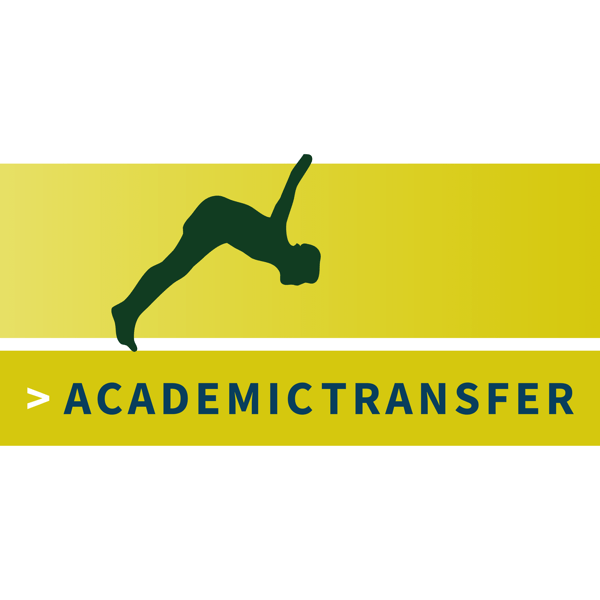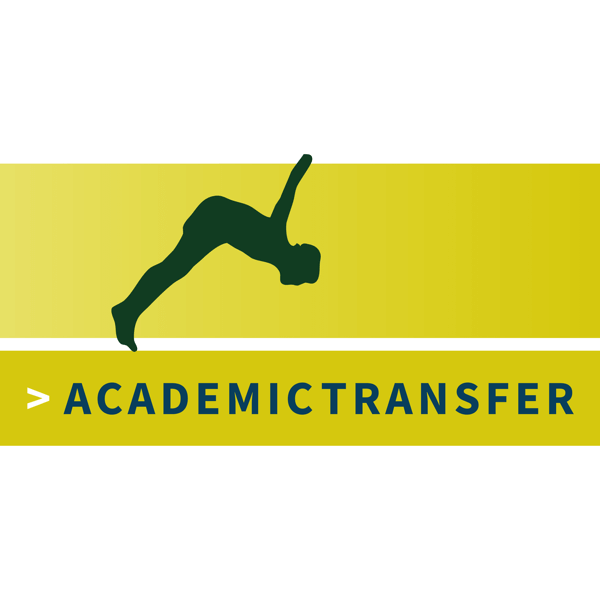
PhD Talk for AcademicTransfer – Attracting funding as a faculty member in the Netherlands
This post is part of the series PhD Talk for AcademicTransfer: posts written for the Dutch academic career network AcademicTransfer, your go-to resource for all research positions in the Netherlands.
These posts are sponsored by AcademicTransfer, and tailored to those of you interested in pursuing a research position in the Netherlands.
If these posts raise your interest in working as a researcher in the Netherlands, even better – and feel free to fire away any questions you might have on this topic!
When you are a new faculty member in the Netherlands, the prospect of attracting funding in your new country of residency may be daunting.
Granted, starting a new faculty position is already quite some: you have to familiarize yourself with a new university system, get ready to teach new courses or adjust your existing courses to a suitable format, you may be getting used to a new country, and now you also need to figure out how to get your research funded.
So, here are my tips on where to start as a faculty member in the Netherlands:
- Ask for a starter package: First and foremost, when you are negotiating the terms of your new position, see if you can negotiate a starter package from your university to keep you active in research while you are applying for funding. You may need this package to include funding for lab equipment that is crucial for your work, funds to hire a PhD candidate, and additional budget for smaller expenses and for travel expenses.
- Talk to the valorisation center: The valorisation center of your university is typically the best place to get an overview of everything that is available to you. Start from here, so that you get a broad overview of all the possible sources of funding.
- … and participate in their workshops: Once you have identified potentially interesting sources of funding, make sure that you attend the workshops of your university’s valorisation center. In these workshops, you will get a deep insight into the application process, which types of topics have good chances for the particular calls, and what you can expect in the process. You can still decide later on if you want to apply for the funding about which you attended the workshop – but attending the workshop will give you a much better insight into the mechanics of the process.
- Talk to your colleagues: Learn from the experiences of your colleagues who have been at the university for a while. Where do they get funding from? What are their experiences with the various sources of funding? How successful have they been in the past? Which insider tricks can they teach you?
- Collaborate: Most likely, you will be applying to both personal and consortium grants. The best way to form part of a consortium, is to network. It makes sense: a consortium leader will invite people they trust. You can have a small collaboration first, and then decide to apply for funding together with other partners. This collaboration can be joint writing project, or joint supervision of a graduate student, among others.
- Attend industry events: Many calls for proposals will require you to include an industry partner, so you need to expand your network to include members from the industry. But that’s not the only reason for attending industry events; you also want to listen to the needs to the industry, locally. If you are new to the Netherlands, it is important to map the needs of your potential industry partners, so that you can think of research ideas that are actually relevant to them. The same applies to government partners: you want to get to know them, and you also want to get to know the challenges they face that would benefit from research.
- Explore national funding: In terms of national funding, you will learn from the kind people at the valorisation center that the NWO (Nederlandse Organizatie voor Wetenschappelijk Onderzoek, the Dutch Organization for Scientific Research) is the main source of funding for national projects. However, there are more sources to explore, so make sure you get a good overview of what is available, especially together with industry or government partners.
- Explore European funding: European funding is tricky and has a very low success rate, but it is important to explore what is available, with whom you could form a consortium, and then try, and try, and try again (the latter holds true for most funding). Don’t be scared off by the low acceptance rates, as you will gain experience in the process.
- Explore other international calls: Besides national and European sources of funding, keep your eyes open (and ask the valorisation center about) other international calls. There are numerous bi-national calls that seek to foster collaboration between universities from two particular countries. There is Fulbright funding (with the USA) for staff visits, there is funding from the British Royal Society for collaboration funds… the list is long and may include a few excellent opportunities for you.
- Learn the finance system of your university: When you are making the budget for a proposal, make sure you know the finance system of your university. Make sure you talk to the right people, so that you have an idea of the cost of hiring a PhD candidate, the amount of overhead you should take into account, and other additional charges you may need to consider, such as the cost of “renting” laboratory space and equipment from your university to your project.
- Cast a broad net: Don’t put all your hopes on one project, but work on a number of proposals – from small, short-term grants all the way to the big international projects. In terms of topics as well: think much broader than what you were working on previously We know that the success rate for getting funding is low, yet we also know that everybody around us has active projects. So, roll up your sleeves and get started with networking and writing proposals.
If you are faculty in the Netherlands who came from abroad, what is one thing you wish you knew before about funding in the Netherlands?


[…] government partners are very common. In fact, the majority of my research projects so far have been funded by and in collaboration with the government (as they own the bridges and need research to address their […]